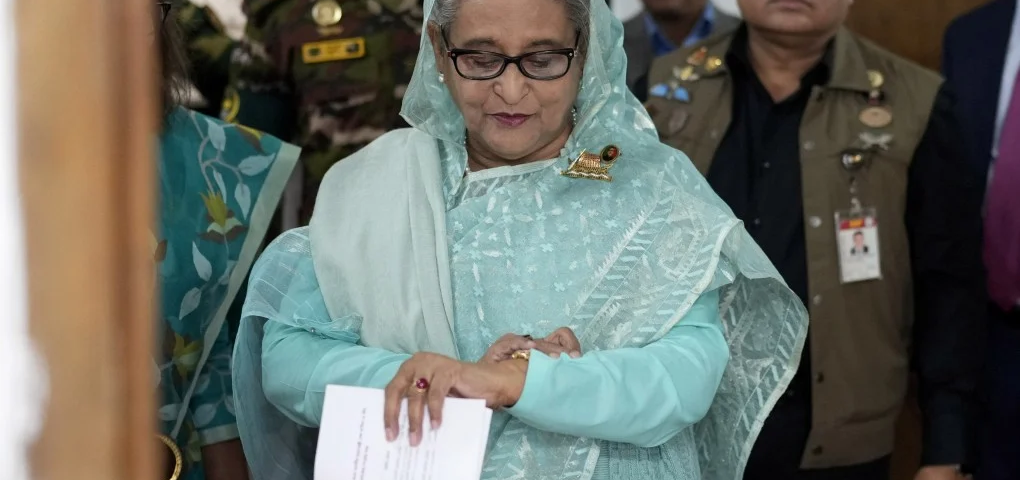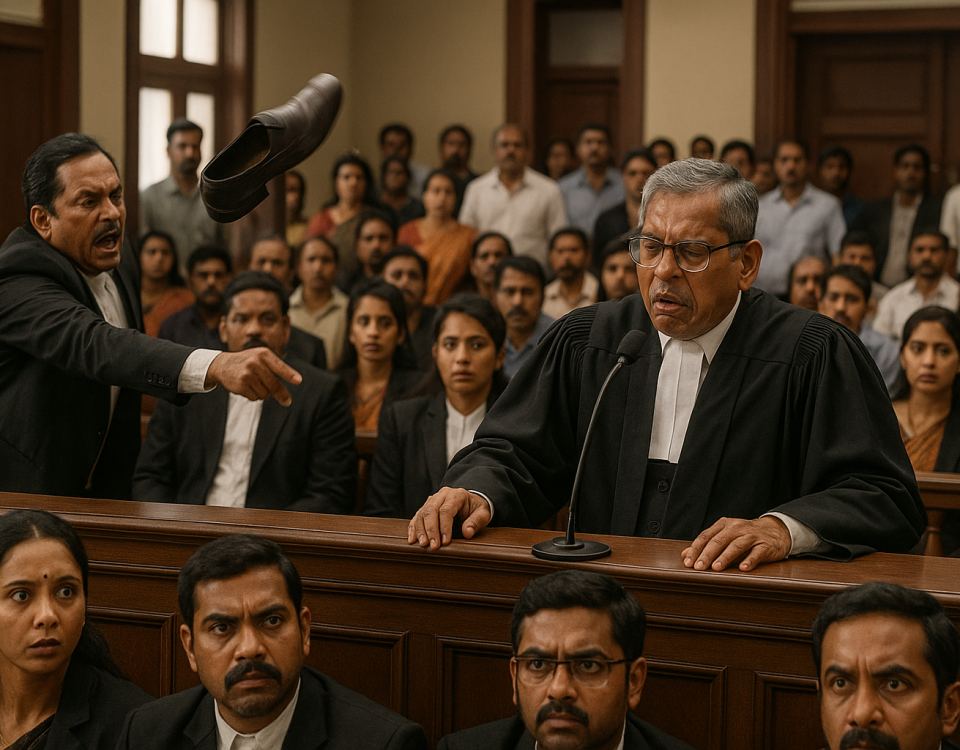
Bangladesh’s Request to Extradite Sheikh Hasina: A Diplomatic Dilemma
Background of the Extradition Request
February 21, 2025 – Bangladesh has officially asked India to extradite its former Prime Minister, Sheikh Hasina. The request was sent in December 2024 through a diplomatic note. However, India has not yet responded. Bangladesh followed up with a reminder on February 13, but India’s Ministry of External Affairs has only confirmed receiving the request without making further comments.
This case falls under the India-Bangladesh Extradition Treaty of 2013, which was updated in 2016 to make the process faster. However, despite the legal framework, the issue remains complicated due to political and diplomatic factors.
Legal Process and Political Challenges
To process an extradition request, Bangladesh must submit formal charges, judicial orders, arrest warrants, and other legal documents. The request should also guarantee a fair trial for Hasina, free from political influence. If these conditions are not met, India can reject the request.
Legal expert Dr. Sangeeta Taak explained that both India’s Ministry of External Affairs and Ministry of Home Affairs must review the request. They need to confirm that the charges against Hasina are recognized as criminal offenses in both countries. Additionally, India can deny extradition if the charges are linked to political, military, or religious matters.
If the request meets legal requirements, an Indian court will review it to determine its validity. The court will also assess if Hasina is at risk of political prosecution in Bangladesh. This safeguard prevents misuse of the extradition process for political revenge.
Challenges in Extraditing Sheikh Hasina
Extraditing a former leader like Hasina presents multiple challenges:
- Political immunity: High-ranking officials often have protections that complicate extradition.
- Human rights concerns: Activists may argue that Hasina could face mistreatment or danger in Bangladesh.
- Asylum claim: Hasina might seek political asylum in India, arguing that she is being persecuted.
If she applies for asylum, India will have to balance its legal duties with potential diplomatic consequences.
India’s Diplomatic Dilemma
India’s decision will have significant international consequences. Extraditing Hasina could be seen as supporting Bangladesh’s political actions, while rejecting the request might make India look like it is sheltering a controversial leader.
A recent U.N. report on the ‘Monsoon Uprising’ implicated Hasina and her party, adding international scrutiny to the situation. This makes India’s decision even more complex.
India’s Current Stance
For now, India is taking a neutral approach. By neither accepting nor rejecting the request immediately, it avoids unnecessary diplomatic tensions. This strategy gives India time to monitor developments in Bangladesh and assess international reactions.
India’s final decision will have long-term effects on its relationship with Bangladesh and its global reputation. As the situation unfolds, the extradition request remains a critical issue that could shape South Asian diplomacy in the coming months.
***






